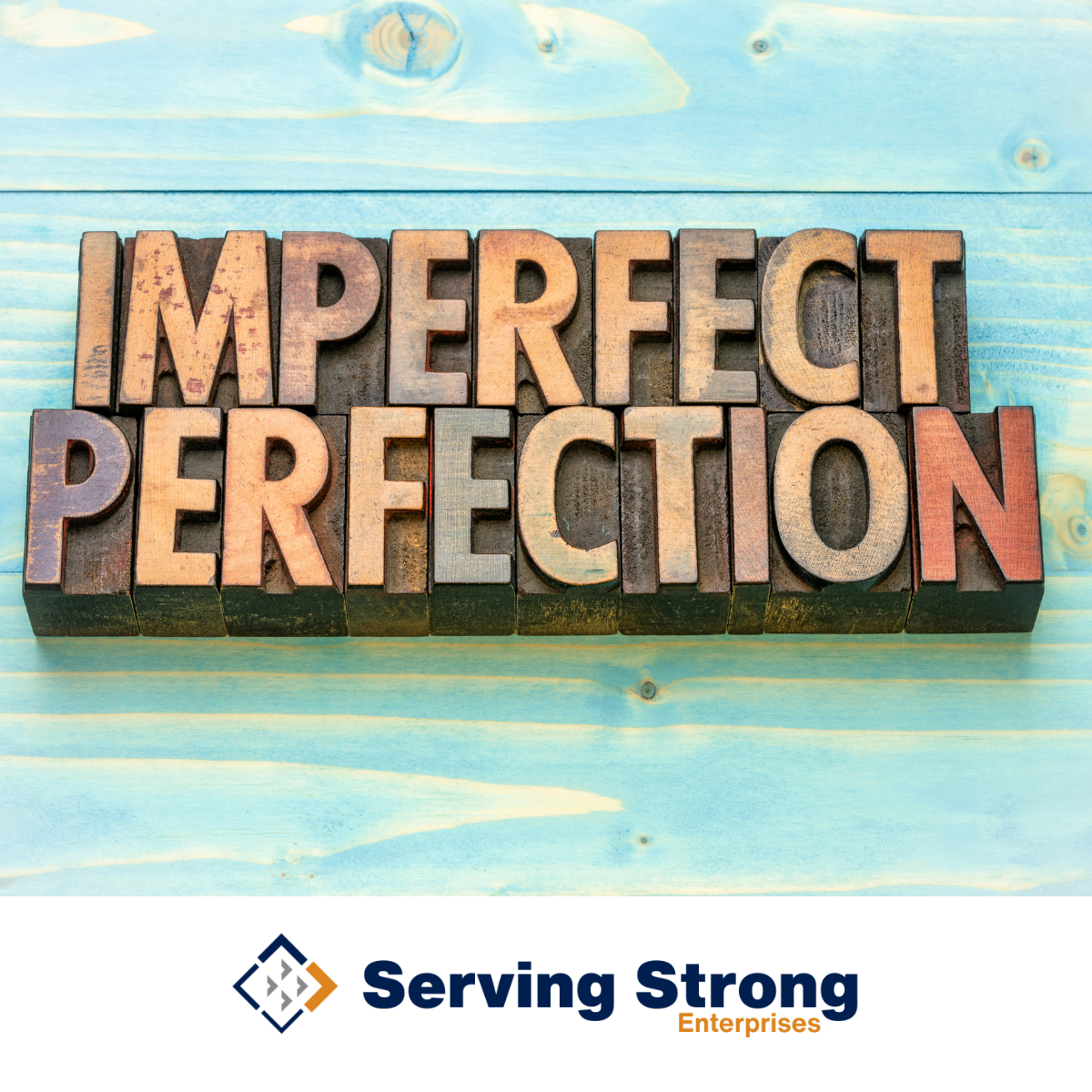Emotionally Intelligent Business
It all comes down to your people.
Why Emotional Intelligence?
Organizations that are excellent have emotionally intelligent leaders and more engaged and satisfied employees. Hiring emotionally intelligent leaders improves your organization’s employment brand, talent retention and productivity. Emotional intelligence makes your organization stronger.
Your workplace is a collection of different people who come together to work toward a common goal. In order to achieve lasting success, everyone must get along and support each other. But life is a roller coaster and humans are emotional creatures. It’s natural to feel happy, sad, excited, or angry from day to day. The key is to understand those emotions and express them in a healthy way that is received well by others. Emotionally intelligent people can maintain an even-keel, keeping their feelings in check so they don’t throw off the flow of the workplace.
Excellent companies prevent employee conflicts by hiring emotionally intelligent people and develop an emotionally intelligent workforce.
Non-excellent companies that make lots of money without EI in their organizations produce what is considered “negative profit” because of the toll the profitable environment takes on the human spirit. Over time, it’s not sustainable. Eventually leadership will burn out and employees will destroy one another.
What is Emotional Intelligence?
Basically, an emotionally intelligent person possesses four main traits. Self-Awareness, Self-Management, Social Awareness, Relational Management.
Self-Awareness. This trait is the very core of EI. The self-aware person understands their strengths, weaknesses, motivations and how others perceive them. They are confident in who they are both emotionally and physically.
Self-Management. The EI person can manage his internal states, impulses, and resources. They effectively control their emotional, taking initiative to act on opportunities, and adapt to changes. They maintain a positive attitude and strive to exceed or improve expectations.
Social Awareness. With social awareness, an EI person is aware of others’ feelings, needs and concerns. Empathy is a critical component because it allows us to understand and care about other’s feelings and perspectives. The EI person has a grasp of the group’s emotional currents and power relationships. They can anticipate, recognize, and meet other’s needs.
Relational Management. The EI person successfully manages relationships by inspiring, guiding, influencing and developing others. They initiate or manage change whenever necessary and negotiate or resolve disagreements to maintain respect and synergy.
Other Common Traits of the Emotionally Intelligent Person
- Team player – They work for the greater good of their team and company. They appreciate being embraced but don’t need it. They trust their hard work is recognized.
- Positive and down to earth – They take common work issues in stride instead of being easily rattled. But they don’t wear rose-colored glasses and ignore an issue or diminish its impact.
- Focused – No matter what’s going on in their life, they’re able to leave it at the door when they come to work and focus on the job at hand.
- Accountable – They don’t make excuses or blame others when mistakes happen. They own up to the problem and learn from the experience.
- Confident – They’re not afraid of failure or embarrassment. They don’t let fear prevent them from testing new ideas and asking questions.
- Ego free – Confidence is good but over-confidence rubs others the wrong way. It’s a fine line but emotionally intelligent people know how to walk it
How to identify Emotional Intelligence (interviewing)
First, What NOT To Do
- Do NOT use personality tests as a proxy for EI. Most of these tests attempt to measure what they say they do: personality. They do not measure specific competencies of emotional intelligence such as self-awareness, positive outlook, achievement orientation, empathy, or inspirational leadership.
- Do NOT use a self-report test. There are two reasons these don’t work. First, if a person is not self-aware, how can he possibly assess his own emotional intelligence? And if he is self-aware, and knows what he’s missing, is he really going to tell the truth when trying to get a job?
- Do NOT use a 360-degree feedback instrument, even if it is valid and even if it measures EI competencies, like the Emotional and Social Competency Inventory (ESCI) does. A tool like 360-degree feedback ought to be used for development, not evaluation. When these instruments are used to evaluate, people game them by carefully selecting the respondents, and even prepping them on how to score.
Now, What To DO
- Get references and talk to them. Letters of reference simply aren’t good enough when it comes to understanding your candidate’s EI. When you talk with a reference, you can ask specific and pointed questions about how the candidate demonstrated various EI competencies. Get lots of examples, with lots of detail. Specifically, ask for examples of how your candidate treats other people.
- Interview for emotional intelligence. This sounds easy and many people think they are already interviewing for EI but we aren’t, much of the time. That’s because we allow people to be vague in their responses and fail to ask good follow-up questions. Even when we ask candidates directly about EI or EI-related competencies, they talk about an idealized notion of themselves and what they’d like to be, rather than how they really behave. To overcome this obstacle, you can use behavioral event interviewing.
- Start the interview by making the candidate as comfortable as possible. The goal here is to make the interview feel conversational, informal, and warm. This tone will help to ensure that you get the truth. Then, ask a couple of traditional questions about the person’s background and experience. Now you’re ready to start the behavioral event portion of the interview:
- Looking for Self-Awareness
- What are your top three strengths?
- What are your top three weaknesses?
- How would your friends describe you?
- What are your short-term and long-term goals?
If they struggle to answer any of these questions, or if they seem unsure of themselves throughout the interview, the candidate is likely not self-aware. If they answer quickly and confidently, they could be emotionally intelligent.
- Looking for Self-Management
- Can you tell me about a time when you felt that a manager or co-worker wronged you, and what you did about it?
- Can you give me an example of a time when you disagreed with a co-worker’s idea or decision, and what you did about it?
- Can you tell me about a time when you took initiative at work?
Learning how your candidates handle emotionally challenging situations in the workplace will provide insight into how they manage their emotions. Also pay attention to the candidate’s body language and word choice as they answer your questions. If they seem relaxed and focused, they are likely great self-managers.
- Looking for Social Awareness
- How would you deal with an upset co-worker or customer?
- How can you tell whether your co-workers and customers feel supported?
- What are some ways to determine whether your co-workers are happy and engaged at work?
If the candidate’s responses relate to being empathetic, carefully listening, and seeing the situation from the other person’s perspective, you are likely looking at an emotionally intelligent candidate. Watching how they interact with other people, as well as evaluating how attentive they are, can help you determine their level of social awareness
- Looking for Relational Management
- Can you give me an example of when you helped a team member in the past?
- Can you tell me about a time when you proposed a new process at work?
- Can you explain a time when you settled a disagreement in the workplace?
By asking more questions like these and weighing the answers more heavily, you can increase your chances of finding an emotionally intelligent leader.
How to Grow Emotional Intelligence in Your Organization
Make it part of your hiring process. Some companies have a “No Jerks Policy” or ask hiring team members to consider if they would hang out with a candidate outside the office. Exercises like these ensures a new hire gels with their team, above all else.
Include it in your job descriptions. Define the personality traits you need your new hire to have. But go beyond short, cliché phrases like “team player” and “works well under pressure.” Create a complete personality profile and make it known you’re seeking that type of person.
Sources
How to Hire Emotionally Intelligent Leaders
http://www.recruiting.com/blog/how-to-hire-emotionally-intelligent-leaders
Emotional Intelligence: The Most Overlooked Candidate Skill
http://recruiterbox.com/blog/emotional-intelligence-overlooked-candidate-skill/
How to Hire for Emotional Intelligence
https://hbr.org/2016/02/how-to-hire-for-emotional-intelligence
Share with others




Serving Strong Enterprises, LLC
PO Box 246, Canfield, OH 44406 ◻️ coach@servingstrong.com
Copyright 2024 ◻️ Serving Strong Enterprises, LLC









